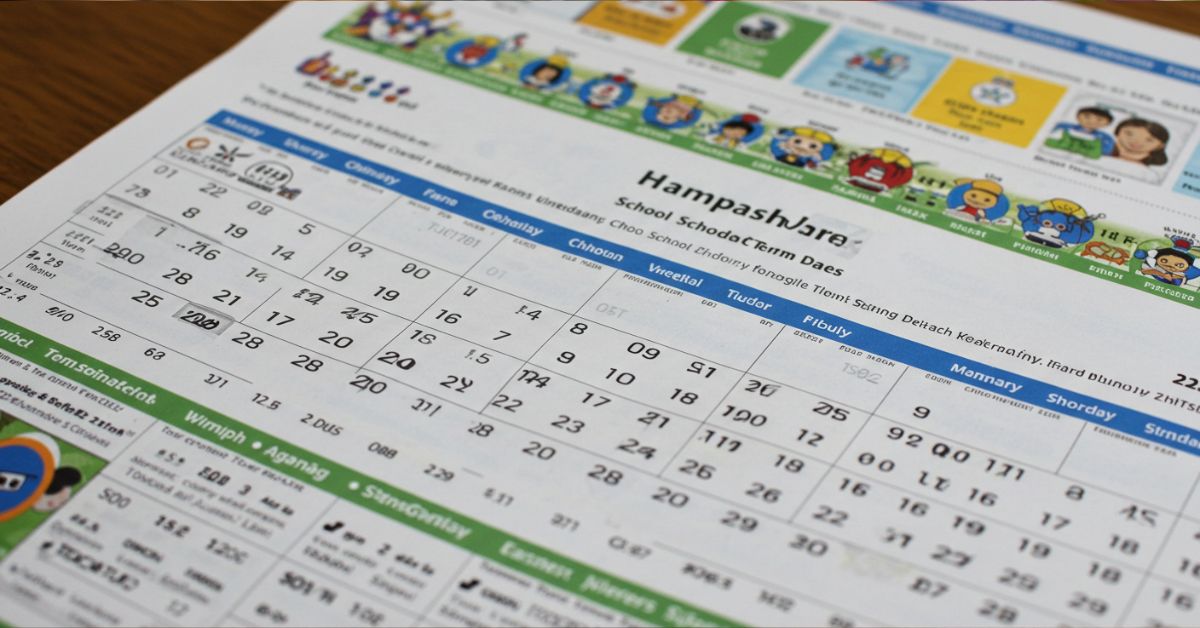Taraweeh prayers hold a special place in the hearts of Muslims during the blessed month of Ramadan. These prayers, performed after Isha prayer, are not just about seeking forgiveness, but they are a chance to draw closer to Allah, spiritually cleanse, and make heartfelt supplications. A crucial aspect of Taraweeh is the duas (supplications) made during and after the prayers. These duas are opportunities to ask Allah for blessings, mercy, and guidance.
In this article, we will explore the significance of Taraweeh duas, share some of the most powerful and commonly recited duas, and provide an insightful comparison chart to help you understand when and how to incorporate them into your Taraweeh prayers. By following these practices, you will enhance your Ramadan experience and deepen your connection with Allah.
What Are Taraweeh Duas?
Taraweeh duas refer to the supplications made during the Taraweeh prayers, a series of voluntary prayers performed after Isha prayer throughout Ramadan. While Taraweeh itself is primarily about reciting the Quran, it is also a time for Muslims to make duas or prayers for various aspects of their lives and the world. These duas may range from personal supplications to those asking for the welfare of others.
The duas made during Taraweeh prayers are powerful, as they are recited during a time when Muslims believe Allah’s mercy is abundant and the gates of Heaven are open. Whether done in Arabic or in one’s native language, these duas are a means to seek forgiveness, blessings, guidance, and support.
Why Are Taraweeh Duas Important?
The significance of Taraweeh duas lies in their ability to bring spiritual benefits and blessings. During Ramadan, the rewards for prayers and supplications are multiplied, making it a prime time to ask for Allah’s mercy. Here are some of the reasons why Taraweeh duas are so important:
1. Spiritual Connection: Duas help to deepen your connection with Allah. They give you an opportunity to engage in personal reflection, seek forgiveness for past mistakes, and express gratitude for Allah’s blessings.
2. Renewal of Faith: The act of making supplications during Taraweeh strengthens your faith by helping you to remain focused on your relationship with Allah and the purpose of Ramadan.
3. Seeking Allah’s Mercy: Ramadan is a month of mercy, and duas are a way to seek Allah’s mercy. It is a time to ask for forgiveness for sins and to ask Allah for help in navigating challenges in life.
4. Healing and Comfort: Duas often bring emotional relief and peace of mind. They allow Muslims to find comfort in knowing they can turn to Allah during times of distress or uncertainty.
5. Intercession for Others: Taraweeh duas are also an opportunity to pray for others, whether for family members, friends, the Muslim ummah, or humanity at large. These prayers can lead to immense blessings for both the person making the prayer and those they are praying for.
Also read this post: Gir Kesar: A Unique and Valuable Saffron from India
Powerful Taraweeh Duas You Should Know
Here are some of the most powerful duas that are commonly recited during Taraweeh prayers. These duas are both meaningful and reflective, helping you to seek Allah’s forgiveness and blessings.
1. Dua for Forgiveness
One of the most powerful and commonly recited duas during Taraweeh is the prayer for forgiveness. In Ramadan, the gates of mercy are wide open, and asking Allah for forgiveness can cleanse your heart and soul.
Dua:
“اللهم إنك عفو تحب العفو فاعف عني”
Transliteration: Allahumma innaka ‘afuwwun tuhibbu al-‘afwa fa’fu ‘annee
Translation: “O Allah, You are the Most Forgiving, and You love forgiveness, so forgive me.”
This dua is a reminder of Allah’s forgiving nature and a supplication to be granted mercy and forgiveness for any wrongdoings.
2. Dua for Protection from Hellfire
The fear of the Hellfire is a major concern for every Muslim. During Taraweeh, many Muslims recite duas seeking protection from Hellfire.
Dua:
“اللهم اجعلنا من أهل الجنة، واجعلنا من عبادك المتقين”
Transliteration: Allahumma ajilna min ahlil jannah, wa ajilna min ‘ibadika al-muttaqeen
Translation: “O Allah, make us among the people of Paradise and make us among Your righteous servants.”
This dua asks Allah for protection from the punishment of the Hellfire and seeks to be among the righteous.
3. Dua for Health and Well-being
Health is a significant blessing, and many Muslims use Taraweeh as an opportunity to make duas for good health and well-being for themselves and others.
Dua:
“اللهم أشفني شفاءً لا يغادر سقماً”
Transliteration: Allahumma ashfinee shifaa’an laa yughaadiru saqaman
Translation: “O Allah, heal me with a healing that leaves no trace of illness.”
This dua is often recited when seeking relief from sickness and illness.
4. Dua for Guidance
Seeking guidance from Allah is crucial for a Muslim’s journey in life. During Taraweeh, Muslims often ask Allah for direction and wisdom in their lives.
Dua:
“اللهم إني أسالك الهداية والتوفيق”
Transliteration: Allahumma inni as’aluka al-hidaya wa at-tawfeeq
Translation: “O Allah, I ask You for guidance and success.”
This dua helps seek Allah’s guidance in both matters of religion and worldly affairs.
5. Dua for Strength and Patience
Ramadan is a time of physical and mental discipline. Duas for strength and patience are important for maintaining resilience throughout the month.
Dua:
“اللهم يسر لي أمري، واغفر لي ذنبي، وارزقني الصبر على طاعتك”
Transliteration: Allahumma yassir li amree, waghfir li dhanbee, warzuqnee as-sabru ‘ala ta’atik
Translation: “O Allah, make my affairs easy for me, forgive my sins, and grant me patience in worshiping You.”
This dua invokes Allah’s help in making it easier to endure the hardships of fasting and devotion during Ramadan.
Best Practices for Reciting Taraweeh Duas
While the duas mentioned above are some of the most powerful, it is important to know when and how to incorporate them into your Taraweeh prayers for maximum benefit.
Here are some helpful tips:
1. Consistency is Key: Recite duas regularly during Taraweeh to form a deep spiritual habit.
2. Personalize Your Supplications: While there are recommended duas, you can also personalize your supplications to reflect your personal needs and desires.
3. Recite with Sincerity: When making supplications, remember to do so with complete sincerity. Pour your heart out to Allah and trust that He will answer your prayers.
4. Make Duas for Others: Don’t forget to make dua for your family, friends, and the entire Muslim ummah.
5. Timing Matters: The last ten days of Ramadan hold extra significance, so strive to make more duas during this period.
Comparison Chart: Common Taraweeh Duas and Their Benefits
| Dua | Translation | Main Benefit |
| اللهم إنك عفو تحب العفو فاعف عني | “O Allah, You are the Most Forgiving, and You love forgiveness, so forgive me.” | Forgiveness and cleansing of sins |
| اللهم اجعلنا من أهل الجنة، واجعلنا من عبادك المتقين | “O Allah, make us among the people of Paradise and make us among Your righteous servants.” | Protection from Hellfire and the reward of entering Paradise |
| اللهم أشفني شفاءً لا يغادر سقماً | “O Allah, heal me with a healing that leaves no trace of illness.” | Healing and recovery from sickness |
| اللهم إني أسالك الهداية والتوفيق | “O Allah, I ask You for guidance and success.” | Seeking guidance in life and success in both religious and worldly affairs |
| اللهم يسر لي أمري، واغفر لي ذنبي، وارزقني الصبر على طاعتك | “O Allah, make my affairs easy for me, forgive my sins, and grant me patience in worshiping You.” | Strength and patience during Ramadan, and ease in performing good deeds |
Conclusion
Taraweeh duas are an essential aspect of Ramadan that can significantly enhance your spiritual experience. They provide a means to connect with Allah, ask for forgiveness, seek protection, and request guidance and blessings. By incorporating these duas into your Taraweeh prayers, you can not only deepen your worship but also make the most of the blessings this sacred month offers.
As you recite these duas, remember that your intention and sincerity matter most. Allah listens to the cries of the faithful and answers prayers in ways that are best for us, so make sure to approach each supplication with a full heart, trusting in His mercy.
May your Taraweeh prayers and duas be accepted, and may this Ramadan bring you closer to Allah and grant you all that you desire in this life and the Hereafter.







